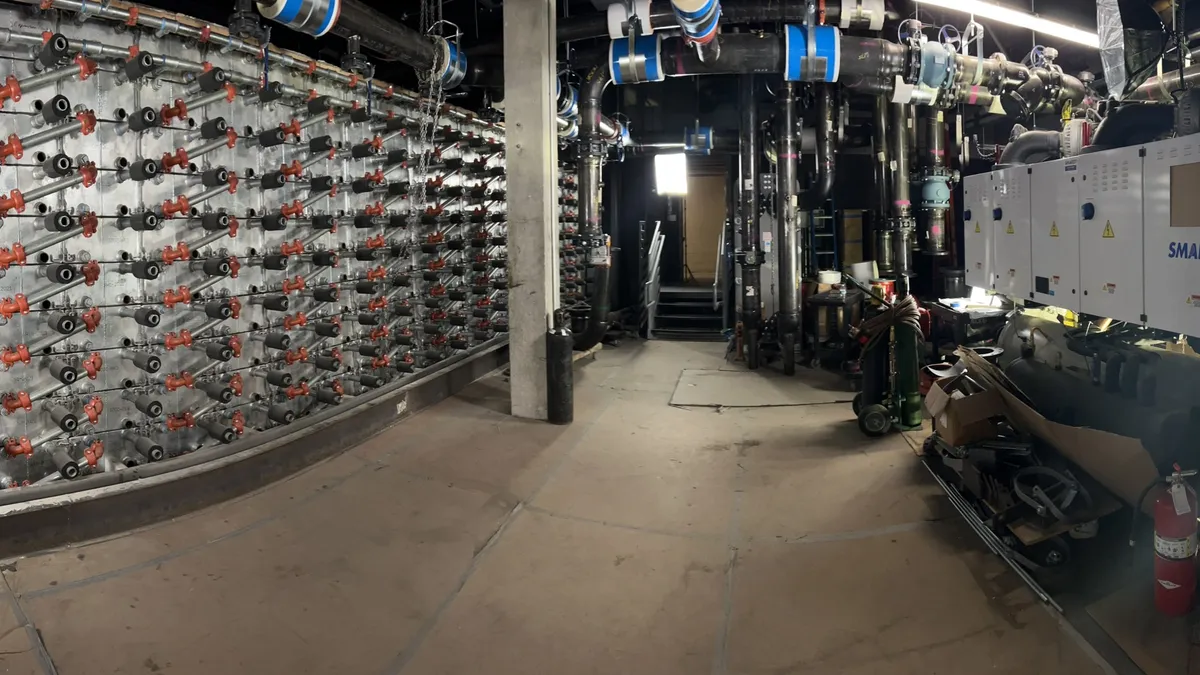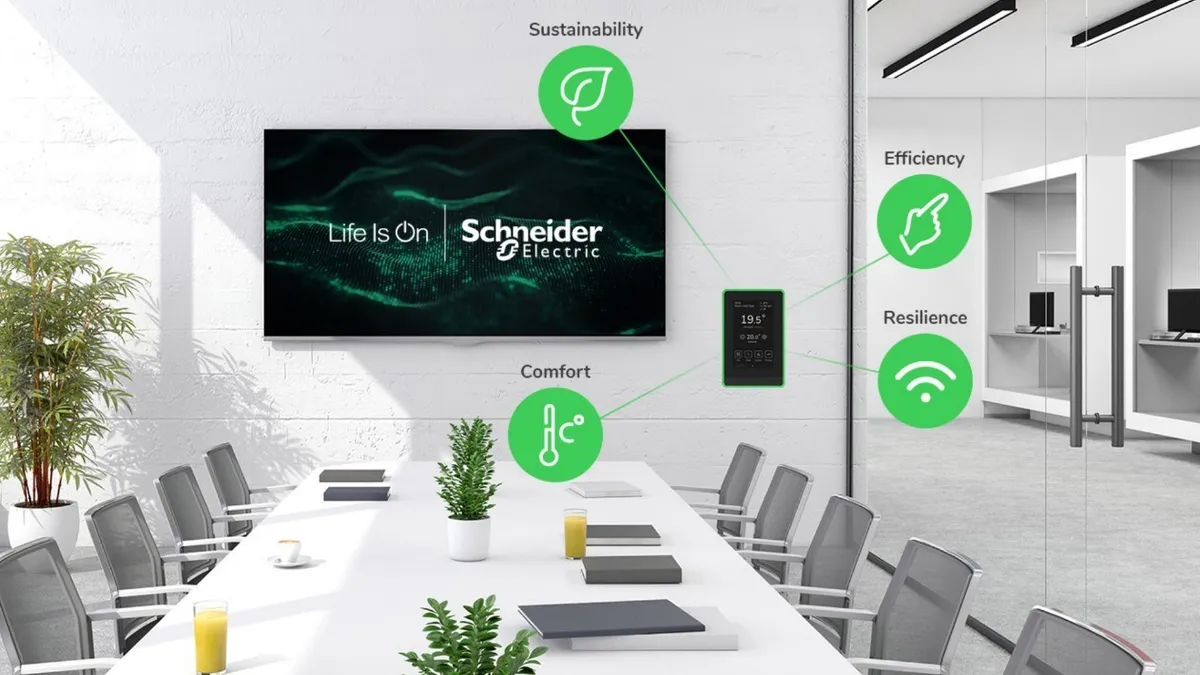Over the last decade, sustainability in the hospitality industry has gone from “a niche topic” to commonplace in hotels’ strategy as stakeholders prioritize more environmentally and socially responsible actions, according to Choice Hotels International VP of ESG Megan Brumagim.
In Booking.com’s Sustainable Travel Report 2023, a majority of consumer respondents (74%) said they want travel companies to offer more sustainable choices. And hotel investors, franchisees and property associates are increasingly calling for the same thing, Brumagim told Hotel Dive.
Appointed to her role in spring 2022, Brumagim helped compose Choice’s 2022 Environmental, Social and Governance Report, which includes the hotel brand’s environmental responsibility, diversity and inclusion and reporting goals. Choice was one of several hospitality companies, including hotel management company Highgate, to put out an ESG report this year.

“Sustainability has gone mainstream,” Brumagim told Hotel Dive, echoing sentiments from the ESG for the Hotel Industry panel she spoke on at the American Hotel & Lodging Association and Hotel Management’s Hospitality Show in Las Vegas last month.
“Companies, including Choice, are now thinking about sustainability not just in terms of a great marketing opportunity or free PR but also as something that should be incorporated into their strategy and operations [because they] are hearing from more and more stakeholders that this is something they care about,” she continued.
Hospitality companies are also starting to understand that by focusing on sustainability, they can cut costs and ultimately drive top-line revenue, Brumagim said.
A starting point
Tracking utility usage and spend is the first step Choice properties take to evaluate where costs can be saved.
“You can't manage what you don't measure,” Brumagim said. “So by starting to measure what your hotel is spending on electricity, water consumption and natural gas consumption, you start to see trends over time [...], and you can start to identify outliers.”
In its ESG report, Choice set a goal to roll out an automated utility tracking dashboard — Schneider Electric’s AI-assisted, cloud-based EcoStruxure Resource Advisor — to 100% of its managed and owned hotels and 90% of its franchised hotels by 2025. The rollout began last fall and is ongoing, though Brumagim declined to share the number of Choice hotels that have already adopted the technology.
Hotel owners and franchisees can use the dashboard to automatically track their energy and water consumption while calculating greenhouse gas emissions — saving them time and money, Brumagim said.
The tracking technology also makes it easier for owners to spot anomalies in their utility data caused by something like a water leak or sudden energy spike that may have otherwise gone unnoticed.
“By being able to proactively spot those outliers, [hotel owners] are able to address it more quickly and, therefore, save themselves a lot of money,” Brumagim said. “We've had countless examples of hotels that have racked up large bills from a leak they didn't know about or the like.”
When utility data is tracked properly, hotels can pinpoint improvement areas and act fast to make changes — whether that’s what Brumagim calls “low hanging fruit” action items like implementing LED lighting, or larger capital expenditure projects like upgrading packaged terminal air-conditioning units.
Communicating results
Hotels should also consider obtaining third-party certification, like LEED, Brumagim said. This can be a reliable and transparent way to share with stakeholders the sustainability measures in place at a property.
Lucas Bobes, group environmental officer and head of ESG reporting at Amadeus, agreed that obtaining a third-party certification can be advantageous to hotel owners. He previously told Hotel Dive that “widely recognized third-party certifications ensure credibility as well as participation in rankings/benchmarks.”
Credibility is key today because many travelers are wary about what information they can trust when it comes to sustainability. Even when presented with travel options labeled as sustainable, 39% of respondents said they don’t believe the offerings are truly more sustainable, according to the Booking.com report.
“It's important that hotels are walking the talk and they're able to show in clear ways what they're doing [in terms of sustainability],” Brumagim said. “It's not enough to put up a postcard in the room that says, ‘Oh, hey, we want to be sustainable.’ Okay, that's nice. But I don't think that's going to be something that demonstrates for that property how they're going above and beyond.”
Utility tracking comes into play here, Brumagim noted, because if a hotel has the data to back up its sustainability claims, that’s something guests and stakeholders can trust. Hotels can also use that data to promote their sustainable attributes and third-party certifications — something helpful in driving bookings.
“Think about how you are showcasing that [sustainability] story, whether it's online through your property or brand website or through the OTAs to make sure you're getting credit for it,” Brumagim said at The Hospitality Show, addressing hoteliers directly. “Because ultimately, that's what you as a hotelier need to help drive that top-line revenue.”


















